The Book of Woe: The DSM and the Unmaking of Psychiatry
By: Gary Greenberg
-
Rs 2,035.75
- Rs 2,395.00
- 15%
You save Rs 359.25.
Due to constant currency fluctuation, prices are subject to change with or without notice.
| Book | |
| What's in the Box? | 1 x The Book of Woe: The DSM and the Unmaking of Psychiatry |
The Book of Woe: The DSM and the Unmaking of Psychiatry
By: Gary Greenberg
Rs 2,035.75 Rs 2,395.00 Ex Tax :Rs 2,035.75
Manufacturing Depression - The Secret History of a Modern Disease
By: Gary Greenberg
Rs 300.00 Rs 600.00 Ex Tax :Rs 300.00
Zubin Mehta: A Musical Journey (An Authorized Biography)
By: VOID - Bakhtiar K. Dadabhoy
Rs 892.50 Rs 1,050.00 Ex Tax :Rs 892.50
12 Rules for Life: An Antidote to Chaos
By: Jordan B. Peterson
Rs 2,375.75 Rs 2,795.00 Ex Tax :Rs 2,375.75
Atomic Habits: An Easy and Proven Way to Build Good Habits and Break Bad Ones
By: James Clear
Rs 3,820.75 Rs 4,495.00 Ex Tax :Rs 3,820.75
Manning Up: How the Rise of Women Has Turned Men into Boys
By: Kay Hymowitz
Rs 845.75 Rs 995.00 Ex Tax :Rs 845.75
The Perfect Gentleman: A Muslim Boy Meets the West - [HB]
By: Imran Ahmad
Rs 1,447.50 Rs 2,895.00 Ex Tax :Rs 1,447.50
12 Rules for Life: An Antidote to Chaos
By: Jordan B. Peterson
Rs 2,375.75 Rs 2,795.00 Ex Tax :Rs 2,375.75
Atomic Habits: An Easy and Proven Way to Build Good Habits and Break Bad Ones
By: James Clear
Rs 3,820.75 Rs 4,495.00 Ex Tax :Rs 3,820.75
No recently viewed books available at the moment.
Zubin Mehta: A Musical Journey (An Authorized Biography)
By: VOID - Bakhtiar K. Dadabhoy
Rs 892.50 Rs 1,050.00 Ex Tax :Rs 892.50
The Book of Woe: The DSM and the Unmaking of Psychiatry
By: Gary Greenberg
Rs 2,035.75 Rs 2,395.00 Ex Tax :Rs 2,035.75
Manufacturing Depression - The Secret History of a Modern Disease
By: Gary Greenberg
Rs 300.00 Rs 600.00 Ex Tax :Rs 300.00
12 Rules for Life: An Antidote to Chaos
By: Jordan B. Peterson
Rs 2,375.75 Rs 2,795.00 Ex Tax :Rs 2,375.75
Atomic Habits: An Easy and Proven Way to Build Good Habits and Break Bad Ones
By: James Clear
Rs 3,820.75 Rs 4,495.00 Ex Tax :Rs 3,820.75












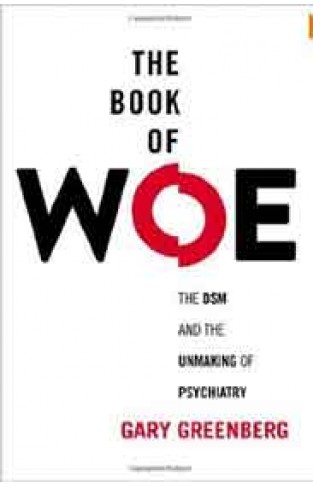
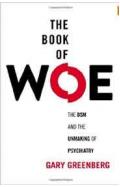

-120x187.jpg?q6)





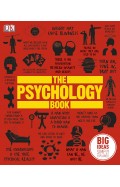
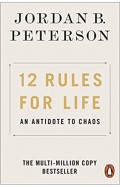
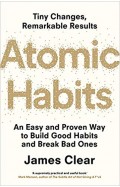
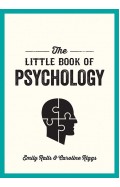





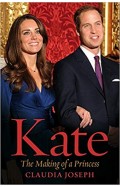
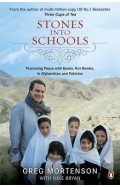

![The Perfect Gentleman: A Muslim Boy Meets the West - [HB]](https://www.libertybooks.com/image/cache/catalog/the-perfect-gentleman-a-muslim-boy-meets-the-west-[hb]-9781455508495-120x187.jpg?q6)